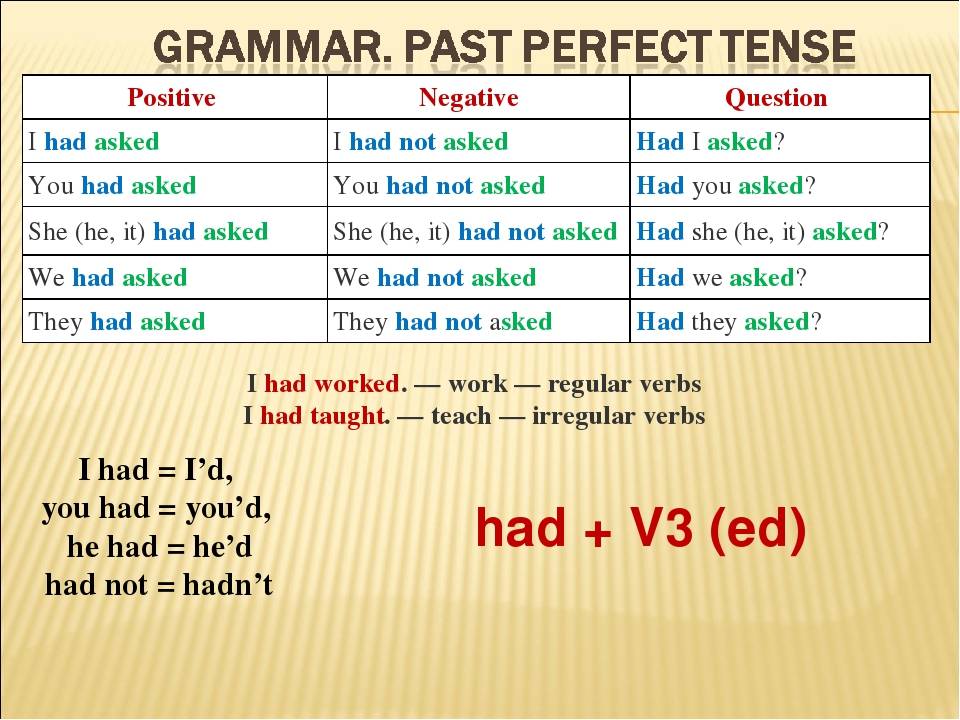
Loose is an adjective that means not tight. Another thing that can aid one’s mastery of the expressions and other similar ones is to always take a second look at the way each of them is used whenever you are reading a piece online or offline. Loose or lose Lose is a verb that means to fail to win, to misplace. Indeed, parents can be humble enough by writing the sentences and showing them to their children who are hopefully sharper than they are in grammar.īut, as I earlier noted, whenever you need to use the words, always first decide the grammatical function that each of them is expected to perform in a clause before settling for it. You can show your attempt to a friend, mate or teacher. To master the differences in the use of the words, write 10 sentences in which they all appear. I quickly loosened my belt when my stomach began to rumble. To remove the tyre, you need to loosen the bolts first. They quickly changed their tactic when they realised that they were losing the bid. I have the fear that we are losing the game already. I will read the base form, the simple past tense and the past participle of the verb. While losing is the present or past continuous form of lose, loosen is in present tense and it means making less firm, tight or stiff. It is loose.īoth are verbs, but they are in different tense forms and do not mean the same thing. I’m not surprised that England lost the game because their strikers played like pregnant women.Ĭan you help me to loosen my belt? It is too tight. The Super Eagles are training hard because they don’t want to lose Saturday’s match. This means that, often, you will find lose, lost, losing and loosen expressing actions in clauses, while loose will qualify a noun. On the other hand, loose is an adjective. Participles Indicative of 'lose' Perfect of 'lose' Imperative of 'lose' Progressive of 'lose' Perfect Progressive of 'lose' This data is provided by Onoma Examples Examples have not been reviewed.

For instance, while lose, lost, losing and loosen are verbs, loss is a noun. To use the five words and other related ones in the right context, you must remember the various parts of speech that we have in English - nouns, verbs, adjectives and others, as well as their forms and uses. And apart from the fact that I find this relevant, since it is of general interest, the topic can be linked to ‘tenses’, which we started treating about three weeks ago.

Let me also note that it is one of our readers that requested that I discuss the differences between the words. Lose typically functions only as a verb, with meanings related to failing to win or hold onto something one might lose a game or lose ones temper.


 0 kommentar(er)
0 kommentar(er)
